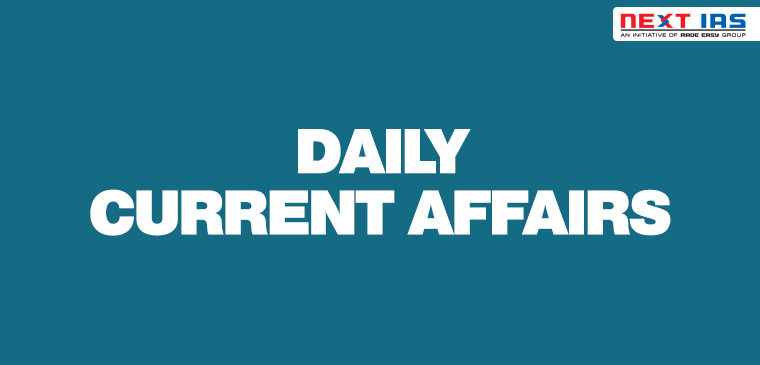
In News
Recently, the Students’ and Teachers’ Holistic Advancement through Quality Education (SARTHAQ) has been released during a high-level meeting on the implementation of the National Education Policy (NEP) 2020.
About SARTHAQ
- It has been developed by the Department of School Education and Literacy under the Ministry of Education through a consultative process with States/UTs and other stakeholders.
- A teacher’s fest, ‘ShikshakParv’ was especially organised in September 2020 for discussing various recommendations of NEP 2020 and its implementation strategies.
- It is an indicative and suggestive implementation plan for school education and delineates the roadmap and way forward for the implementation of NEP 2020 for the next 10 years.
- It was released as part of the celebrations leading to the Amrit Mahotsav on 75 years of India’s independence.
- The plan keeps in mind the concurrent nature of education and adheres to the spirit of federalism.
- States and UTs are given the flexibility to adapt this plan with local contextualisation and also modify as per their needs and requirements.
- Its major focus is to define activities in such a manner which clearly delineate goals, outcomes and timeframe i.e., it links recommendations of NEP with 297 Tasks along with responsible agencies, timelines and 304 outputs of these tasks.
- SARTHAQ will pave the way for children to meet the diverse national and global challenges of the present and the future.
- It helps them to imbibe 21st century skills along with India’s tradition, culture and value system as envisioned in NEP 2020.
- It would benefit all stakeholders including 25 crore students, 15 lakh schools, 94 lakh teachers.
- All the stakeholders have been asked to use it as a guiding star to undertake transformational reforms in the school education sector.
|
National Education Policy 2020
(Image Courtesy: TOI) |
Source: HT
Previous article
India Netherlands Strategic Partnership
Next article
Facts in News
